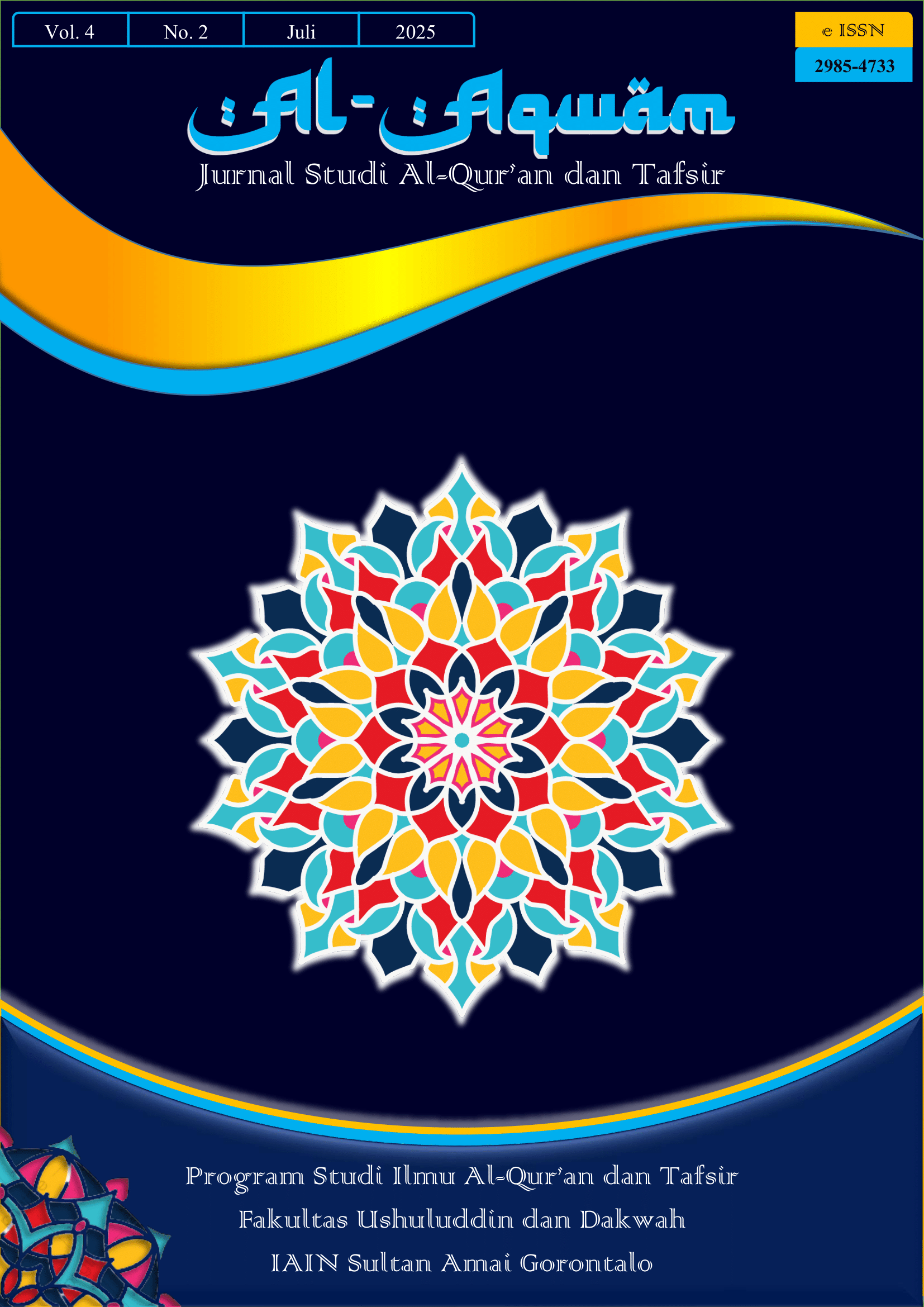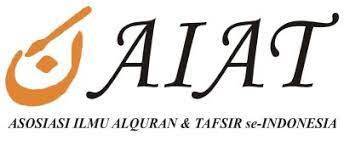Eksegetis Al-Qur’an Muslim Kontemporer
Analisis Johanna Pink Tentang Gender, Queer, dan Genealogi
DOI:
https://doi.org/10.58194/al-aqwam.v4i2.2744Keywords:
Contemporary, Exegetics, GenealogyAbstract
Openness to interpretive approaches reveals a shift in both the authority and methodology of Qur’anic interpretation. This study aims to analyze Johanna Pink’s exegetical approach in understanding issues of gender, queerness, and their genealogies within the context of contemporary Muslim Qur’anic interpretation. The main focus of this research is to examine how Pink frames tafsir as a social and historical practice shaped by the context of communities, media, and the global networks of the muslim ummah. Data collection in this study employs library research and uses a descriptive-analytical method. Overall, the critiques discussed in this research demonstrate a general consensus that Mun’im Sirry’s approach is perceived as a liberal reinterpretation, deviating from what is considered legitimate exegetical authority, and thus is likely to gain acceptance only within limited circles particularly the LGBT community, which is the subject of his interpretive defense. Meanwhile, al-ʿUmarī offers a sharp critique of both traditionalist scholars and Salafi-oriented groups. He strongly opposes the tendency to regard established beliefs as the sole form of truth, while rejecting doubt as a meaningful part of religious experience. According to him, such an attitude itself constitutes bidʿah a concept that is, ironically, central to the contemporary salafi theological framework.
Downloads
Published
Issue
Section
License
Copyright (c) 2025 Djamali Mokoginta

This work is licensed under a Creative Commons Attribution-ShareAlike 4.0 International License.










